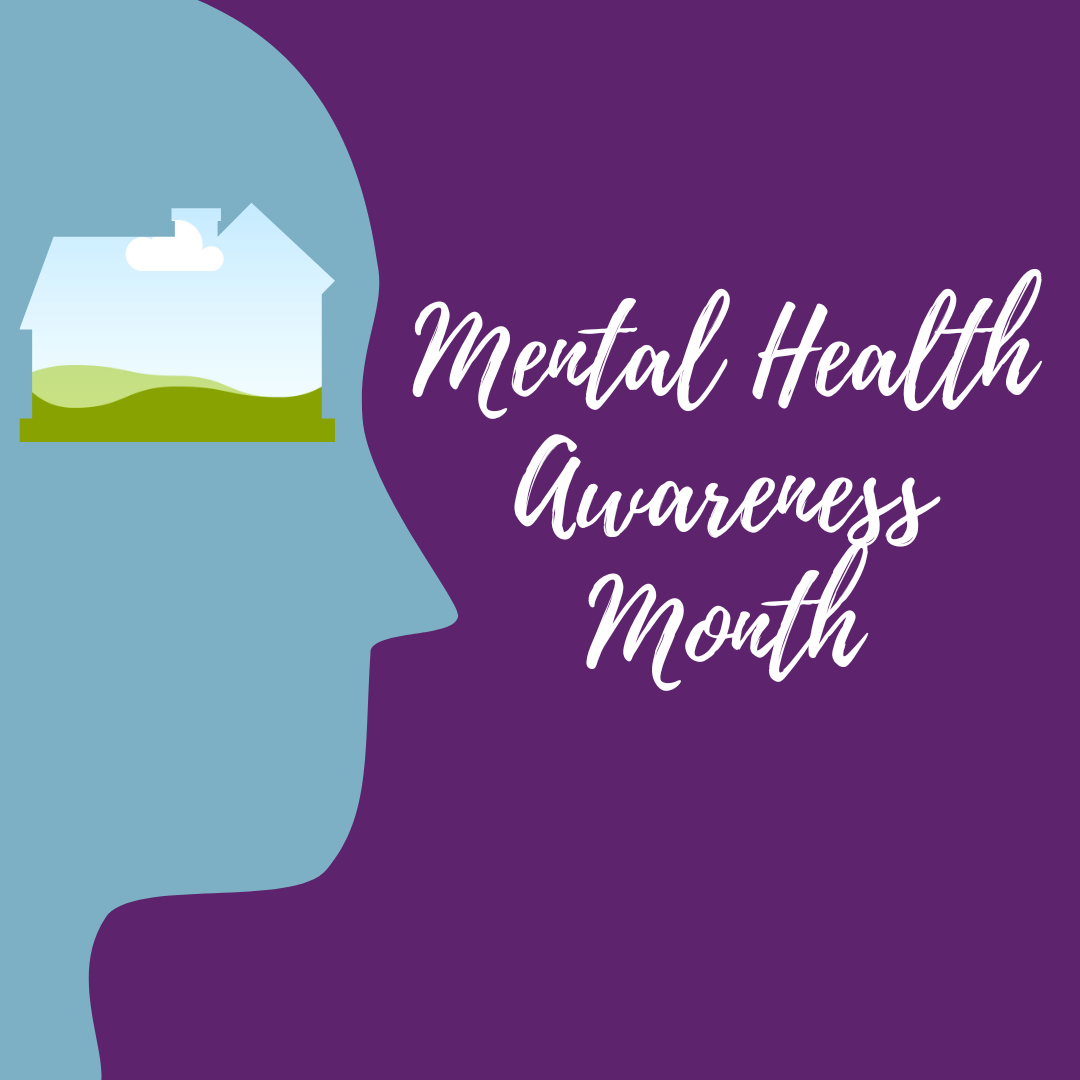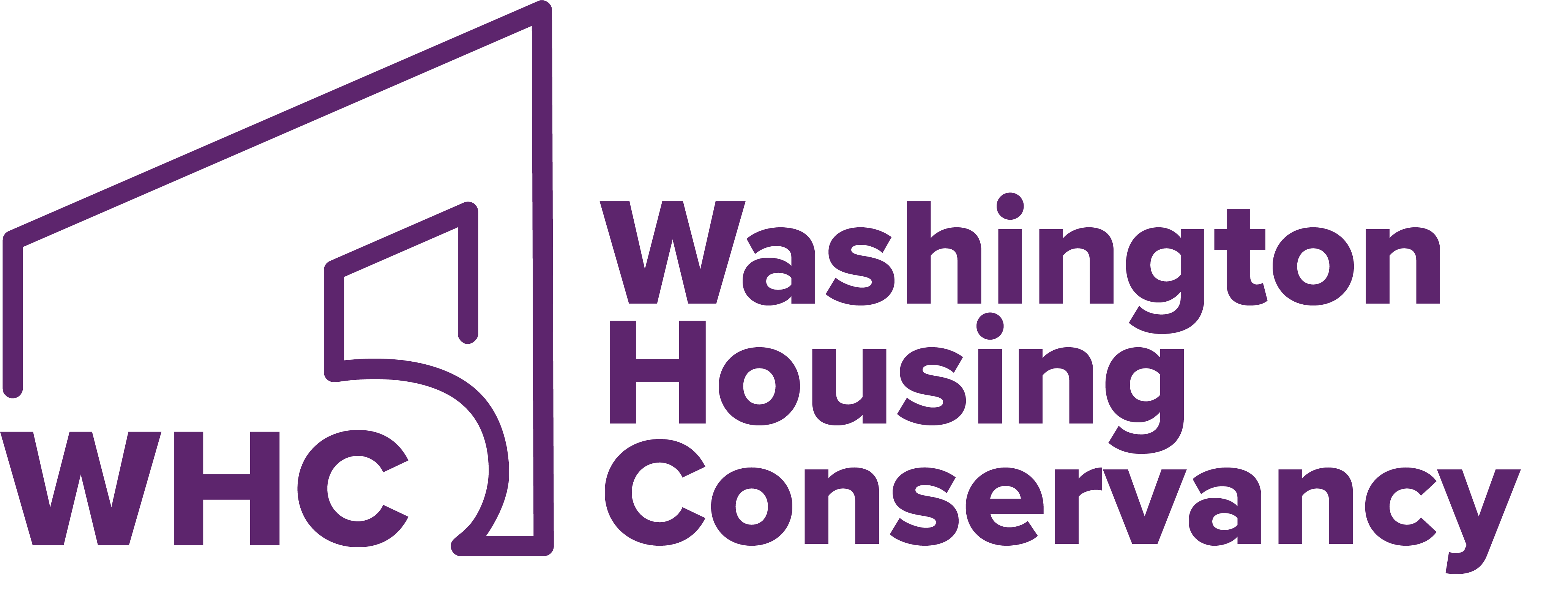
Housing and Mental Health
May is National Mental Health Month, a valuable moment to discuss the link between mental health and housing. In recent years, the issue of high rent and unaffordable housing has become a prominent concern in many cities around the world. While the economic implications are often discussed, the impact on physical and mental health is equally critical but less frequently highlighted. As rent prices soar and housing becomes increasingly unaffordable, individuals and families face a multitude of challenges that extend far beyond their bank accounts, affecting their overall well-being and quality of life.
As housing costs continue to rise, pricing more and more people out of their apartments and homes, families and individuals, especially those with moderate and low incomes, become rental nomads at risk of falling further and further behind.
Housing affordability and instability is linked to many mental health challenges that include:
Increased Stress, Depression and Trauma
Worries about where you will live and how you will afford housing can lead to chronic stress and anxiety that erodes mental well-being leading to irritability, fatigue and an inability to concentrate, making it harder for adults to concentrate at work and children to focus at school. A growing body of research shows a high rent burden and the threat of eviction increases the risk of depression and anxiety. They also increase the risk of chronic diseases such as diabetes, obesity and cardiovascular disease. Three out of 5 people whose rent had been raised reported frequent worries about having to move because their rent was unaffordable. This pattern can contribute to chronic stress, which can also lead people to resort to unhealthy coping mechanisms including long work hours and substance abuse.
Housing instability can engender feelings of hopelessness and despair, hallmark symptoms of depression. For people already experiencing depression, the lack of stable housing can make their symptoms worse. And for those facing eviction, depression and suicide are very real concerns. A study based in New York City found that two years following an eviction, people were more likely to need emergency room care or hospitalization for a mental health condition than people who had not experienced eviction.
Frequent housing instability can lead to trauma which can have lasting effects on mental health including post-traumatic stress syndrome (PTSD) that causes flashbacks, nightmares, angry and aggressive outbursts, being startled easily, memory problems and other issues.
Finally, unstable and unaffordable housing can create a challenge in accessing mental health services and support, perpetuating a vicious cycle of stress and despair. Often housing that moderate and low-income families and individuals can afford is not in high opportunity neighborhoods with access to medical and mental health services.
Impacts on Children are Particularly Negative and Concerning:
Children living in high rent burdened, unaffordable housing situations are particularly vulnerable. The instability of frequently changing homes can disrupt their education and social development. Constant stress from their parents’ financial struggles can affect their emotional well-being and development. Research has shown that children in such environments are at a higher risk for developmental delays, behavioral problems, and lower academic achievement, which can have long-term effects on their future opportunities and health.
Children in stable housing situations tend to perform better academically and are more likely to graduate from high school and attend college than children experiencing housing uncertainty. Stable housing provides a consistent and structured environment for children that allows them to establish daily routines including regular bedtimes, study times and mealtimes. This consistency helps children focus and manage their time effectively, essential skills for life.
At Washington Housing Conservancy we look at stable housing as a platform for better physical and mental health. It is why we are laser focused on acquiring apartment communities in high opportunity neighborhoods so we can decrease stressful rent burdens and prevent displacement while being in places that have access to quality health care, high performing schools, transportation, employment centers, parks and green space. Neighborhoods with high turnover rates due to housing instability often experience weaker social cohesion, less community engagement, and increased crime rates. The lack of stable housing can prevent individuals from forming supportive relationships and participating fully in their communities, which are crucial for mental and emotional well-being. It is why our social impact work to build strong mixed-income communities where people feel they belong and are connected to their neighbors is so vital to our work.
Investments in affordable housing benefit the health and well-being of society as a whole. By alleviating the financial burdens of high rent, we can create healthier, more stable communities where individuals and families can thrive both physically and mentally.

Preserving housing affordability and promoting economic mobility in the DC-region
The Washington Housing Conservancy is a 501(c)(3) non-profit organization. Your investment helps us expand our work. Your gift is 100% tax-deductible. EIN 83-1866109


Privacy Policy Terms & Conditions
Privacy Policy
Terms & Conditions
Get in touch
Follow us
